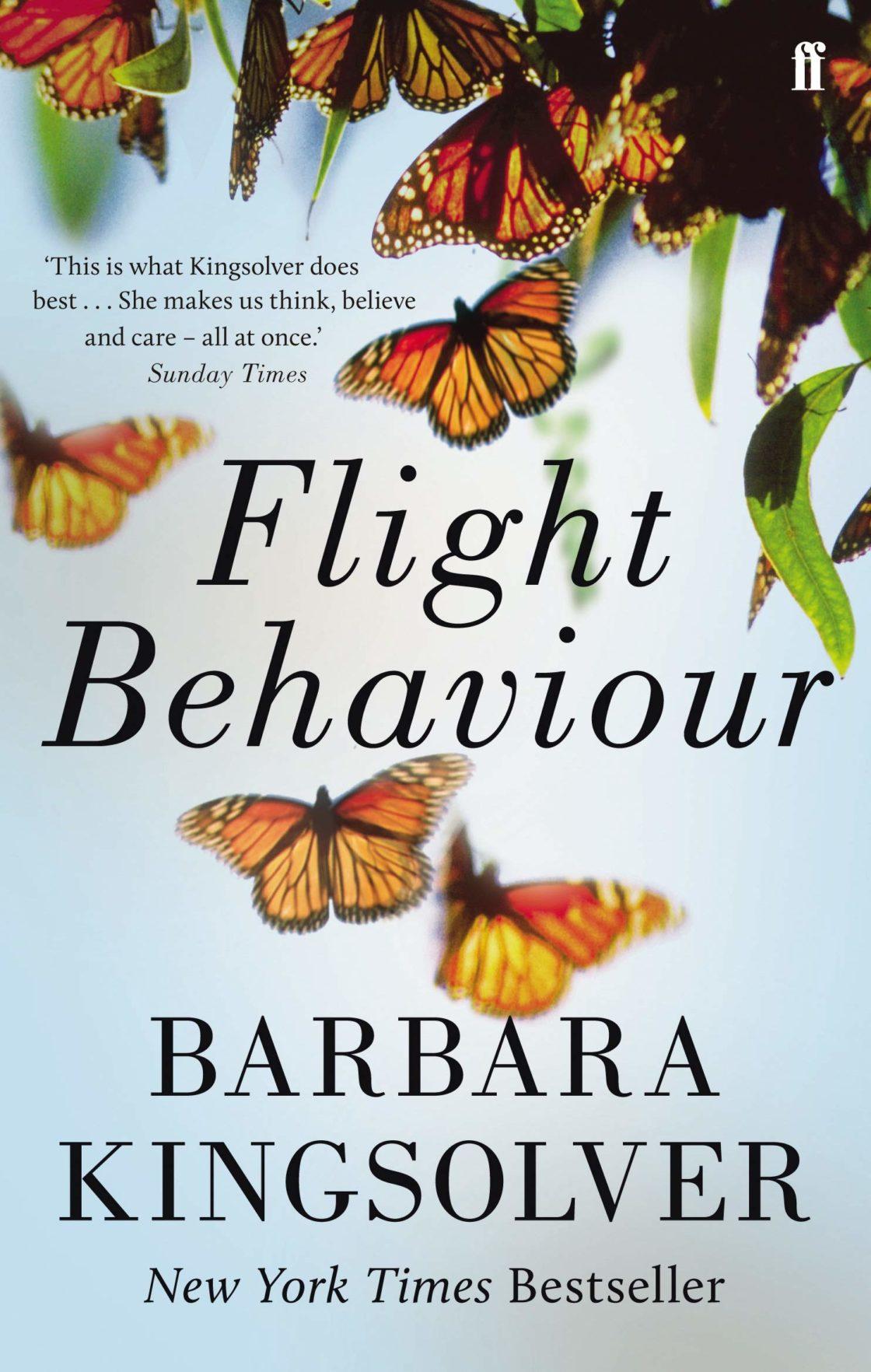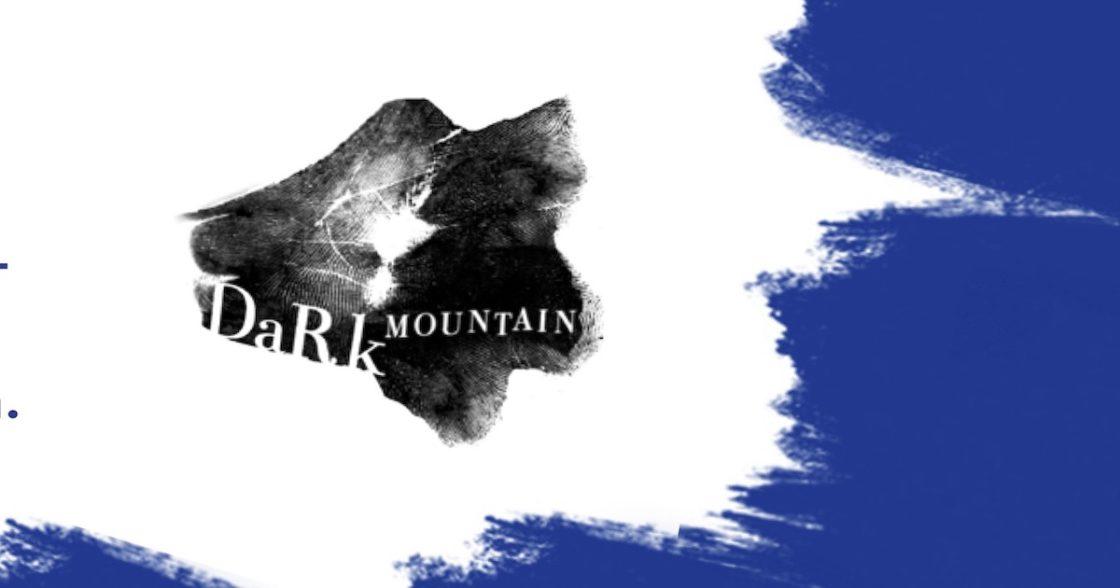“The Arctic is genuinely collapsing. Scientists used to call these things the canary in the mine. What they say now is, the canary is dead. We are at the top of Niagara Falls, Tina, in a canoe. There is an image for your viewers. We got here by drifting, but we cannot turn around for a lazy paddle back when you finally stop pissing around. We have arrived at the point of an audible roar. Does it strike you as a good time to debate the existence of the falls?” ― Barbara Kingsolver, Flight Behaviour

]]>“Rather than being this abstract idea of climate change, reading the novel it became something that people experience in their daily lives through the monarch butterfly, and how their migration patterns are changing. It made it so much more real, than the way we talk about it in the scientific literature – novels can do that, can make something real for people.”
SANDRA
This “collapse of civilisation”, it was argued, called for “uncivilised” responses, in particular with reference to creative practices. The project has been suggested for inclusion by the creative practitioners we spoke to because of its experimentation with new organisational models and ways of being; its prefigurative politics of ‘living differently’; its manifesto, journal and festivals.
“Together, we are walking away from the stories that our societies like to tell themselves, the stories that prevent us seeing clearly the extent of the ecological, social and cultural unravelling that is now underway. We are making art that doesn’t take the centrality of humans for granted. We are tracing the deep cultural roots of the mess the world is in. And we are looking for other stories, ones that can help us make sense of a time of disruption and uncertainty.” – Dark Mountain
“It was that space for our ideology, to map narratives for co-adventure and uncertainty”
Ann Light

Image credit: Dark Mountain
]]>